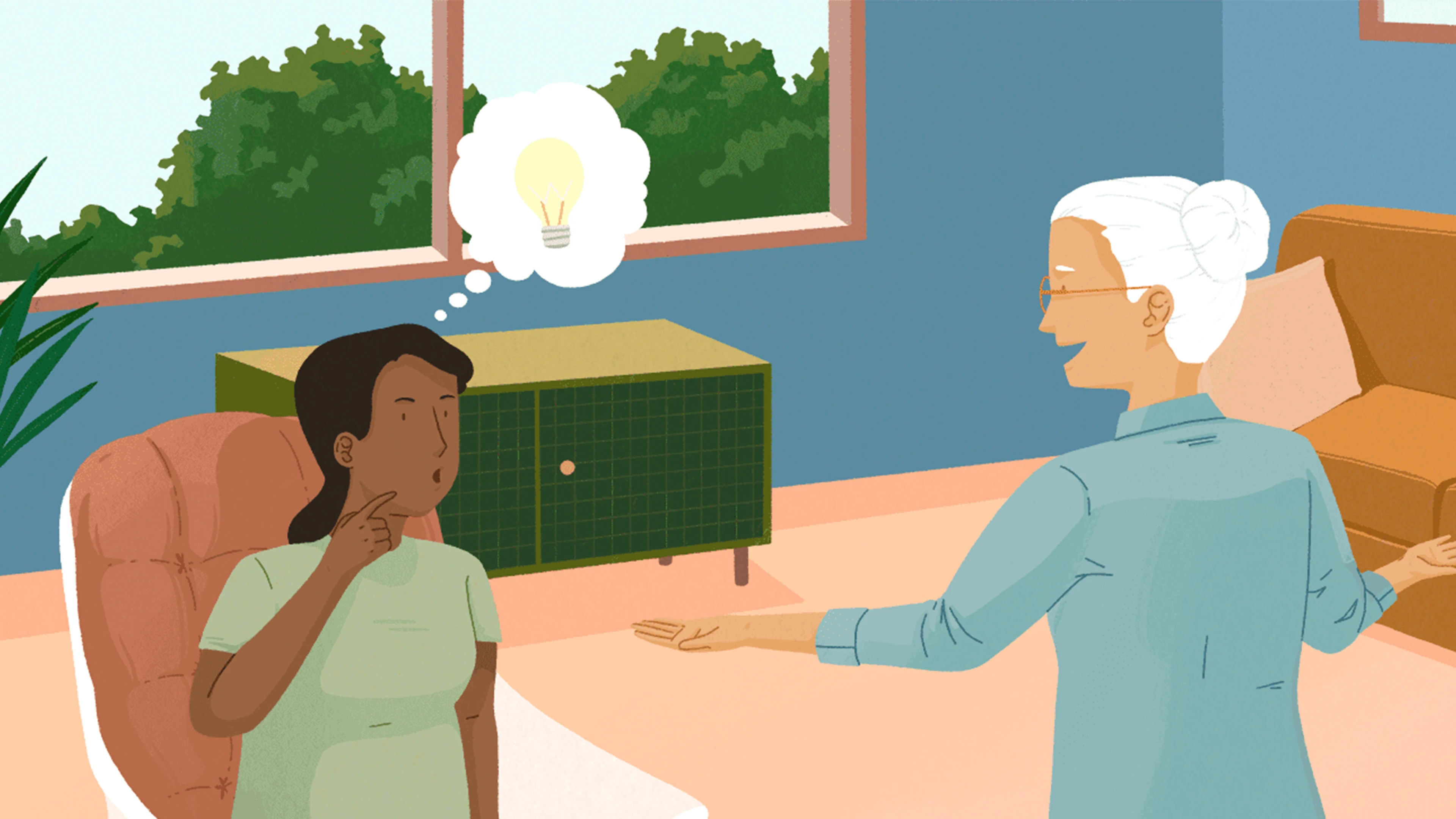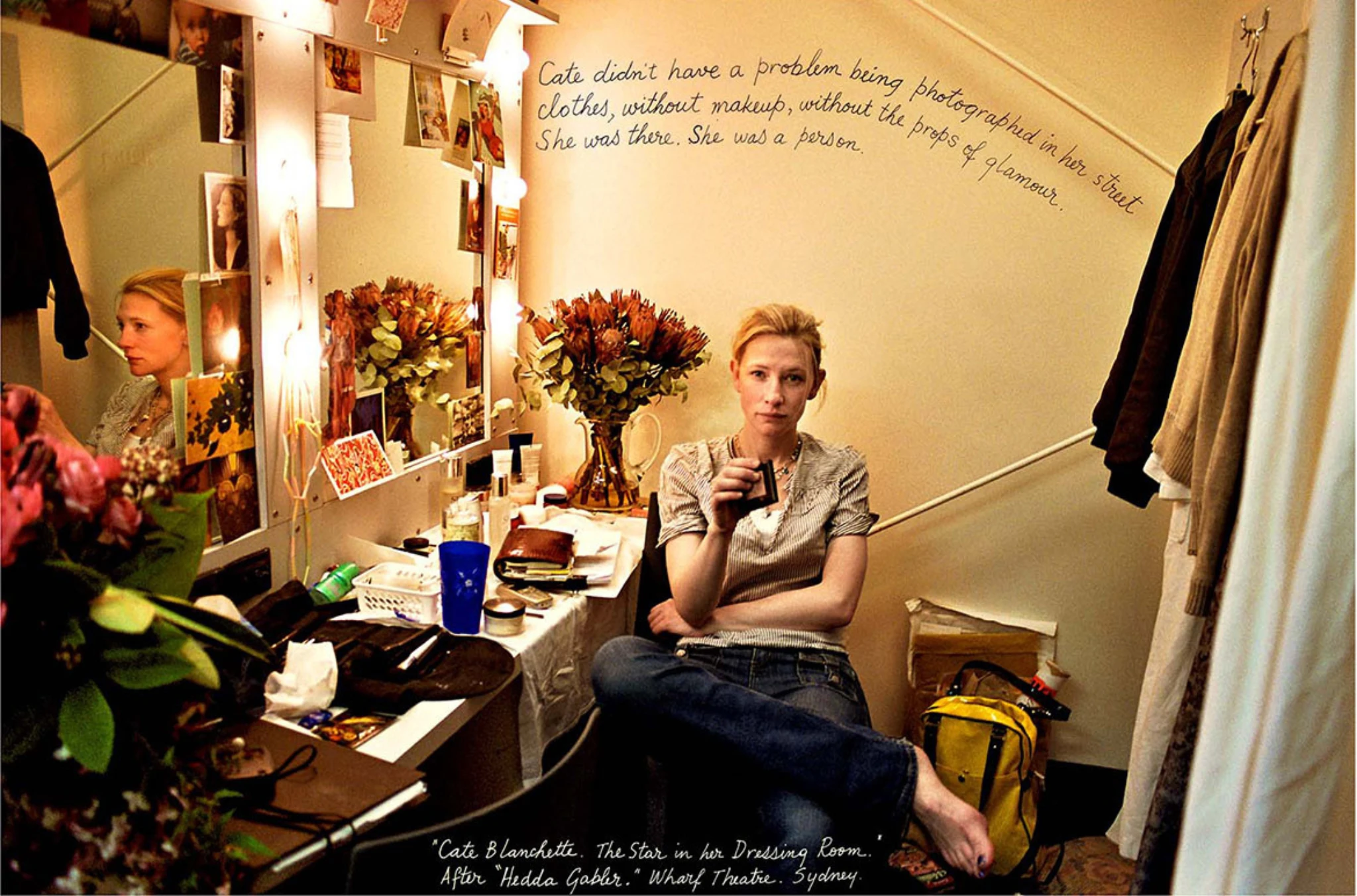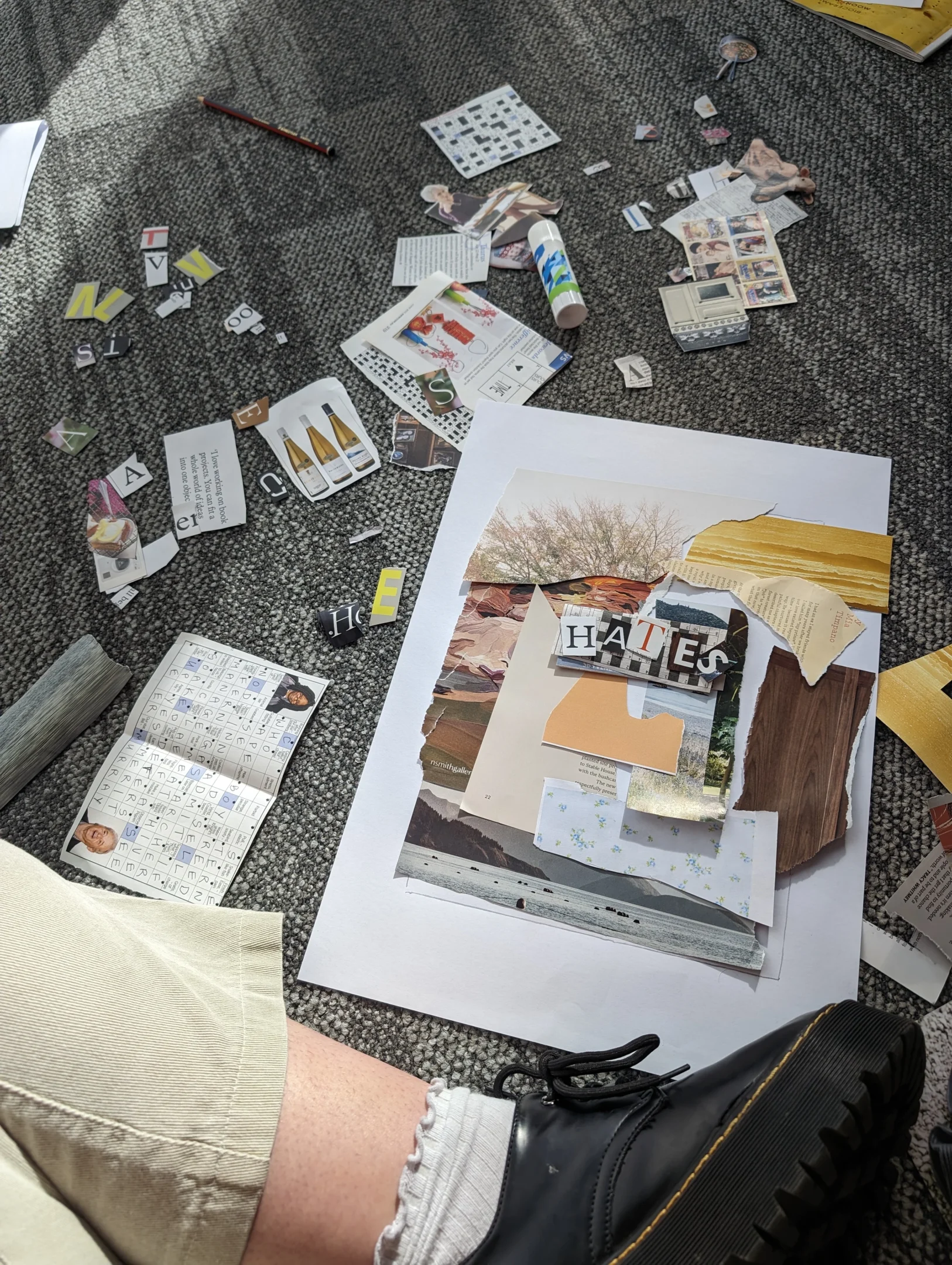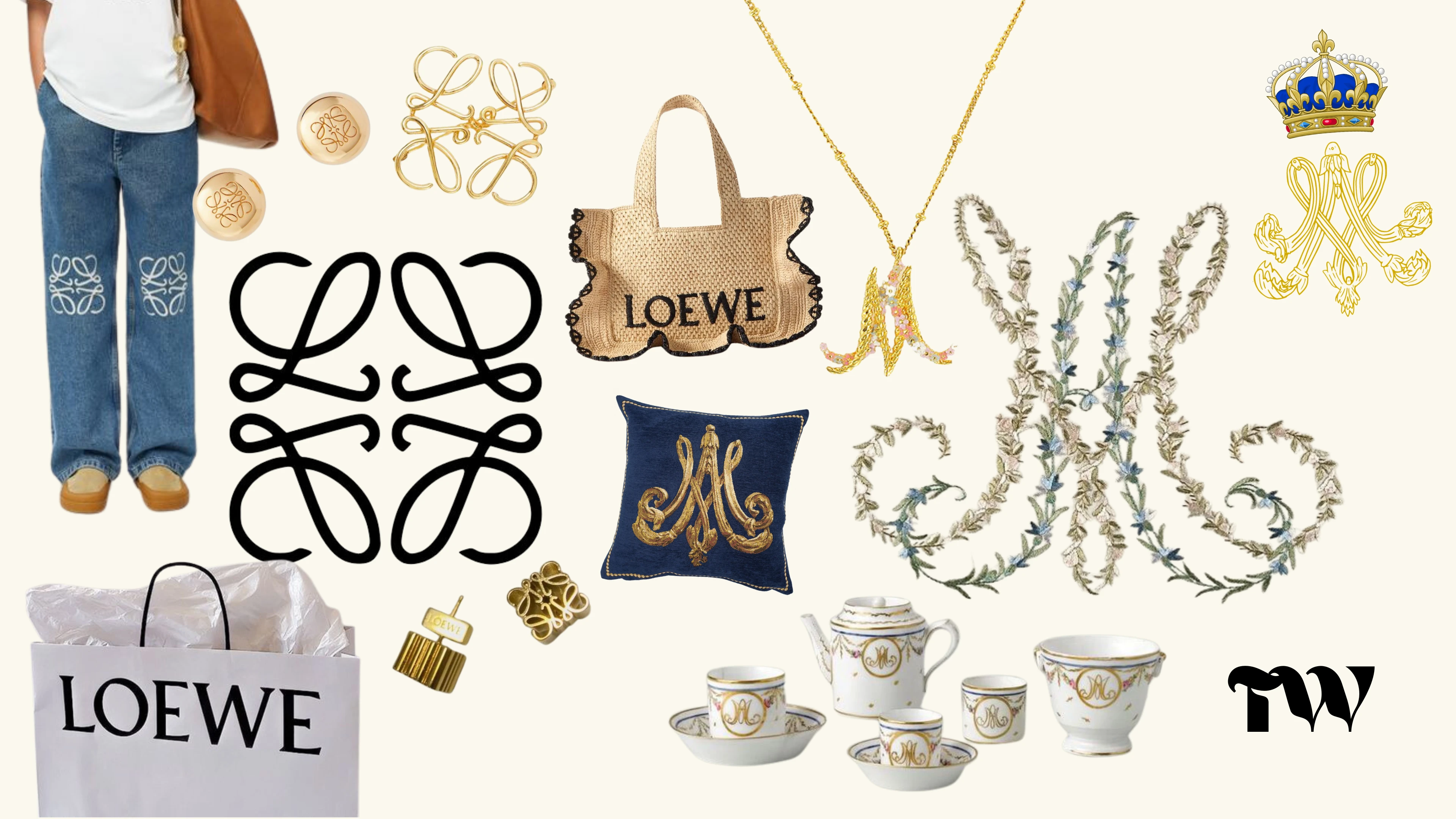25th October, 2024
“The most powerful therapeutic process I know is to contribute to rich story development.”
Michael White
Michael White theorised that through telling stories about ourselves, we might uncover our values. He coined the term ‘Club of Life’ to refer to the group of people who have membership of our lives. The concept is about the relationships we forge and how these relationships and experiences significantly contribute to shaping our identity and how we perceive ourselves cambridge.org. This theory can be applied to understand the impact of work environments on our identities, as I experienced in two distinct workplaces.
In today’s fast-paced and ever-evolving work environments, the ability to adapt to disruption and change is crucial. In this blog post, I will narrate a workplace experience where I responded to significant change, and explore what I may have taken away from this experience. By examining the situation through the lens of ‘Club of Life”, we’ll explore the impact of different work environments on job satisfaction and feelings toward work.
The story starts in March of 2016, I think. I don’t remember exactly when I was hired to work on the checkouts at Woolworths, but it was quite some time ago. During my gap year, I was invited to begin working in the Online department – click and collect was a fairly new opportunity, so for most of that year, I was the only one in the store working in Online at any given time.
I was one of the only young people who worked during the week, and it is quite a physical job. I after a lot of hours to save for moving away, so it suited me to do this. However, it was extremely stressful, feeling responsible and unsupported in my job. When I moved away from home to attend uni, I went into an online department that was fully set up and adequately staffed. I didn’t feel responsible anymore, but I felt no more close or supported by my coworkers and working environment. There’s only so many orders you can pack and hours to work before you grow tired of such a high-demand low-reward job, and begin doing the bare minimum you need to, to get paid.
This challenging experience significantly shaped my work values. I began to understand the importance of a supportive and encouraging work environment. I realised that in the absence of such an environment, even the most motivated individuals could experience burnout and disillusionment.
Contrastingly, my experience at a local women’s charity was a breath of fresh air. Earlier this year, I interviewed for a social & digital media internship at a local women’s charity. I would have done this job for free, I was so excited and eager to get involved in this organisation. I was over the moon when I got the job. I now work one day a week there, and I look forward to it. They have office dogs, and I am valued for my specific skill set. Despite a considerable age gap between myself and my co-workers, I feel more compelled to foster working relationships. They expect more of me than my other job, but I feel supported and appreciated for the efforts I put in.
“Re-membering practices are based on the post-structuralist understanding that our identities are forged through relationships with other people. Our lives have membership and this membership influences our experience of ourselves”
Russell & Carey, 2002; p25
This positive ‘Club of Life’ experience underscored the importance of a supportive work environment. It reinforced my belief that when employees feel appreciated and valued, they are more likely to be motivated and committed to their work. This experience not only changed my perception of work but also solidified my work values.
In both these experiences, the ‘Club of Life’ theory was visibly at play. The relationships I formed, the experiences I had, and the support (or lack thereof) I received all contributed to shaping my work values and self-perception. These contrasting experiences have enriched my understanding of myself and my work values, emphasising the critical role of a positive work environment in fostering job satisfaction and a healthy attitude towards work.
In conclusion, the ‘Club of Life’ theory offers a profound understanding of how our work experiences and relationships shape our identities. As I continue my career journey, I am more cognisant of the importance of fostering a supportive and positive ‘Club of Life’, and will carry this idea into future work experiences.
AI was used to organise and refine this post
References
Hutton, J. (2009). Missing Michael White: Understanding His Influence in One Person’s Life and Work. Australian and New Zealand Journal of Family Therapy, 30(2), 125-131. doi:10.1375/anft.30.2.125
Dragana Ilic. 2017. Conversation Analysis of Michael White’s Decentered and Influential Position. Doctoral dissertation.
Nova Southeastern University. Retrieved from NSUWorks, College of Arts, Humanities and Social Sciences – Department of Family Therapy. (25) https://nsuworks.nova.edu/shss_dft_etd/25.
Russell & Carey, 2002; p25 . YouthAOD Toolbox. E9. Re-membering






